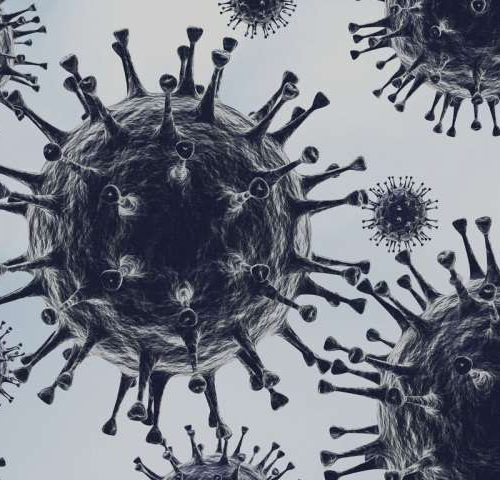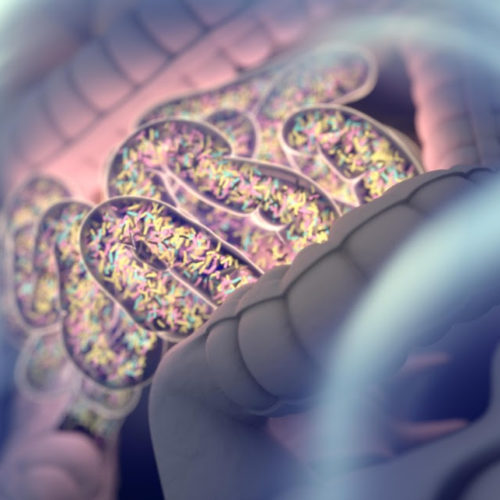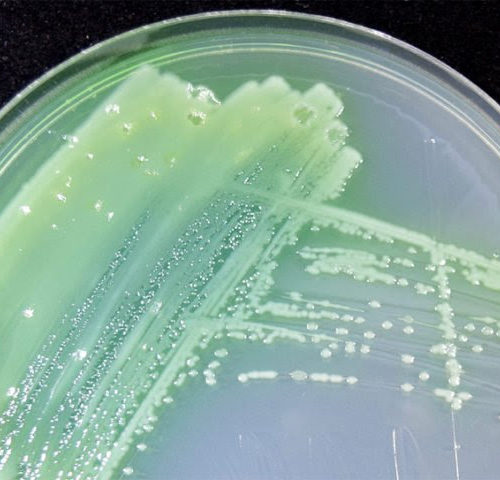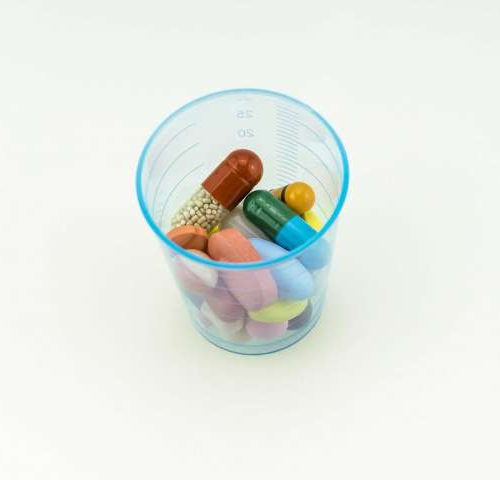TRINITY COLLEGE DUBLIN When drugs to kill microbes are ineffective, host-directed therapy uses the body’s own immune system to deal with the infection. This approach is being tested in patients with COVID-19, and now a team of researchers at Trinity College Dublin has published a study showing how it might also work in the fight...
Tag: <span>antibiotics</span>
Driving immunometabolism to control lung infection
by Ciara O’shea, Trinity College Dublin When drugs to kill microbes are ineffective, host-directed therapy uses the body’s own immune system to deal with the infection. This approach is being tested in patients with COVID-19, and now a team of researchers at Trinity College Dublin has published a study showing how it might also work...
How microbiome multi-omics can bolster human health
Sequencing technologies are enabling a deeper analysis of the gut’s microbiome. Researchers can now explore what our microbial inhabitants are doing and how they contribute to, or protect from, disease. investigator of the Human Microbiome Bioactives Resource (HMBR), which provides platforms and methods to integrate 16S sequencing, shotgun metagenomics, metatranscriptomics and meta-metabolomics for microbiome discovery....
Not as gross as it sounds: predicting how bacteria in mucus affect human health
Inhale, exhale. Humans breathe between 17,000 to 23,000 times a day, on average. But for more than 70,000 children and young adults around the world, taking a breath can be a struggle because of a rare disease, cystic fibrosis. A gene that normally triggers a certain protein to move chloride, found in salt, to cell...
High-fat diet with antibiotic use linked to gut inflammation
UC Davis study found that combining Western diet and antibiotic use is a pre- IBD risk factor UNIVERSITY OF CALIFORNIA – DAVIS HEALTH IMAGE OF SECTIONS OF THE COLON’S INNER LINING, BASED ON COMBINATIONS OF LOW-FAT DIET (LFD) VS. HIGH-FAT DIET (HFD), AND NO TREATMENT (MOCK) VS. WITH STREPTOMYCIN (STREP) TREATMENT…. view more CREDIT: UC...
New forms of ‘red devil’ cancer drug could spare hearts
By Jocelyn KaiserJul. 1, 2020 , 1:20 PM Can the red devil be defanged? Doxorubicin, an old chemotherapy drug that carries this unusual moniker because of its distinctive hue and fearsome toxicity, remains a key treatment for many cancer patients. But a new study reports the drug can be tweaked to reduce its most punishing...
Many antibiotic substitutions for self-reported penicillin allergies likely unnecessary
by Brian Burns, Massachusetts General Hospital Hospitalized patients who report an allergy to penicillin are often prescribed alternative antibiotics for infection that can be harmful, even though diagnostic testing or evaluations would show that the vast majority of these reported allergies could be disproven, according to researchers from Massachusetts General Hospital. In a national study...
New technique in which drugs make bacteria glow could help fight antibiotic resistance
A new technique could help reduce antibiotic prescribing by predicting which drugs could be effective in fighting bacteria within minutes. Scientists at the University of Exeter have developed the method, which allows users to see whether a bacterium is likely to respond to antibiotics. The research is currently in early stages of development, and the...
Irresistin: a ‘Poison Arrow’ to Defeat Antibiotic Resistance
By Emily Henderson, B.Sc. What led you to carry out this research? When I (James) started graduate school, I had never worked in bacteria before. I originally worked with Drosophila, but when I joined Zemer’s lab, we basically came to the table with the question, “How can we address the global need for new antibiotics...
Raw milk may do more harm than good
Not properly stored, it’s a source of antibiotic-resistant microbes UNIVERSITY OF CALIFORNIA – DAVIS Raw or unpasteurized cows’ milk from U.S. retail stores can hold a huge amount of antimicrobial-resistant genes if left at room temperature, according to a new study from researchers at the University of California, Davis. The study also found bacteria that...








